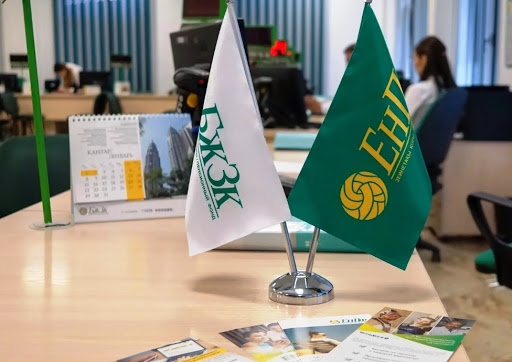The most popular product among Americans is life insurance. A person pays fixed premiums set in advance and credited to his account. Then the money is invested (often at a small guaranteed percentage), part of it goes to the current insurer’s expenses, the rest is credited to the same account. Starting from a certain moment, the client gets the opportunity to withdraw funds or borrow them from the insurance company at interest. However, if the money is not returned, the relatives will be paid less after death. The exact amount is also determined at the agreement conclusion and does not depend on how long the insured has been paying contributions. Besides, the death payments are exempt from most taxes. The main differences from Russian endowment insurance is that it is possible to withdraw money any time as long as the account has a balance, and there is no payment of the minimum payout for survival.
Those for whom this option is not suitable can take advantage of the risk term or risk insurance. It is usually chosen by young people for whom it is important to ensure a decent life for their loved ones in the event of their death (or disability). Besides, the insurance policy is cheaper early in life. The older a person becomes, the less people depend on him, and the main goal is the transfer of wealth by inheritance, and the tax benefits of life insurance also play a role. Regardless of the type of insurance, death payments always exceed the total amount of premiums paid.
Senior Americans often find themselves in a situation where the term policy bought in the past is no longer needed: they are healthy enough to hope for years of full life, and their children have grown up and provide for themselves. Paying contributions in such a situation becomes simply impractical. The best way out is to sell insurance. Their insurance company will gladly act as a buyer but it will pay only a small part of the premiums paid. The mechanism, the name for which has not yet been invented in Russian, life settlement, will come to the rescue. It is investment in someone else's insurance policies (usually risky). Anyone can buy them, both individuals and investment companies.
Source: https://www.forbes.com/advisor/life-insurance/more-than-one-policy/
Photos are from open sources.





